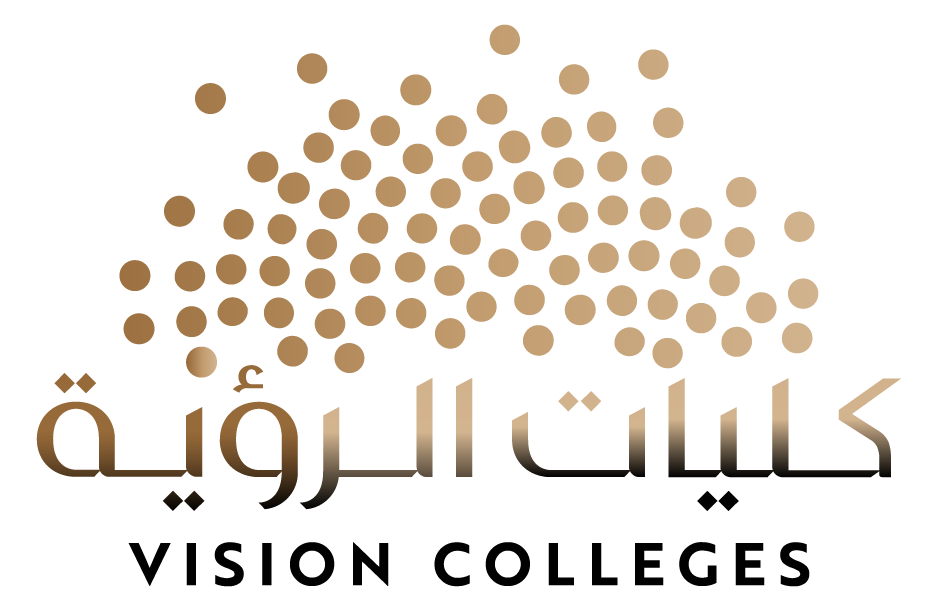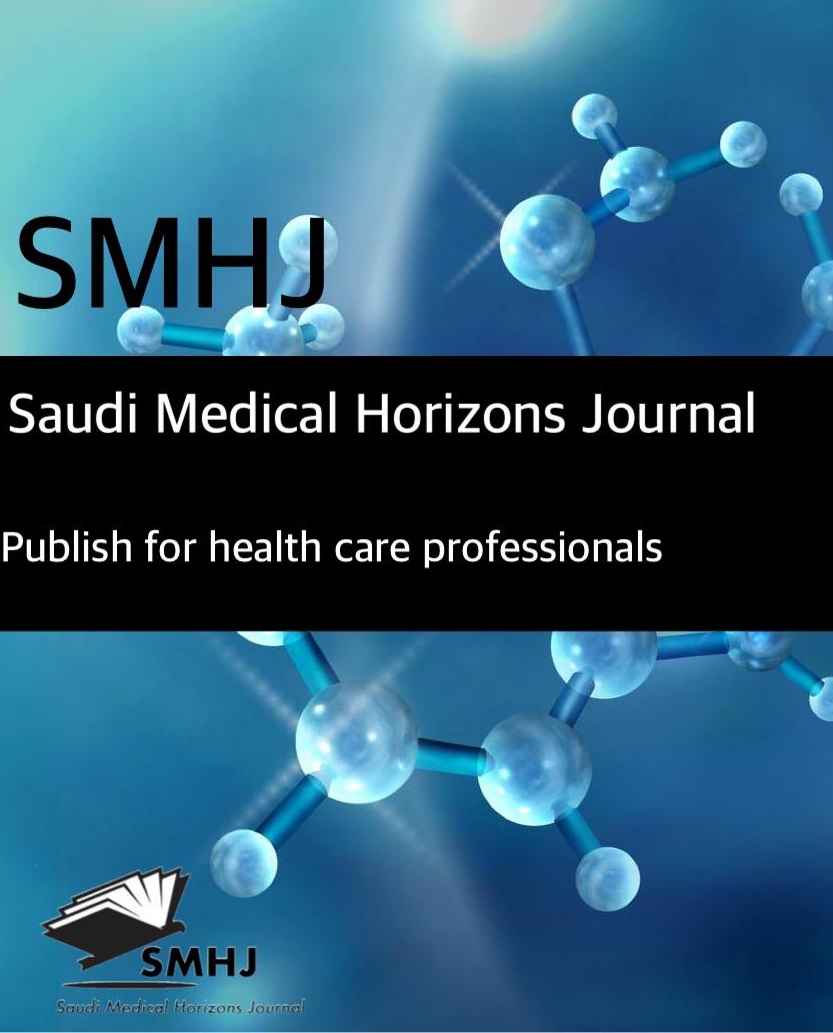Public knowledge, Attitude and Practice Towards Esophageal Cancer in Makkah region, Saudi Arabia: cross sectional study
DOI:
https://doi.org/10.54293/smhj.v5i3.156Keywords:
esophageal cancer, general population, risk factors, early detection, screening methods.Abstract
Introduction: Esophageal cancer is a highly aggressive malignancy affecting the esophagus. In Saudi Arabia, including the Makkah region, the incidence is rising, highlighting the need for a better public understanding of the disease. This study evaluated knowledge, attitudes, and practices regarding esophageal cancer in Makkah.
Methods: A cross-sectional study surveyed the public in Makkah region using an online questionnaire distributed via Google Forms. A minimum sample size of 385 participants was targeted and selected through convenience sampling. The questionnaire assessed sociodemographic data, awareness of esophageal cancer, its symptoms, risk factors, and screening practices.
Results: Among 494 participants, 256 (51.8%) were aged 20-30 years, and 336 (68.0%) were females. Most held a bachelor’s degree (n=325, 65.8%). Only 18 (3.6%) reported a family history of esophageal cancer and 10 (2.0%) had been diagnosed with the disease. Awareness of esophageal cancer was low, with 217 (43.9%) having heard about it. The most recognized symptom was difficulty swallowing (n=316, 64.0%) and the top risk factor was smoking (n=406, 82.2%). Only 174 (35.2%) were aware of the screening program. Knowledge levels varied by age, education, and information source, with the medical field being the most reliable source of good knowledge (n=85, 67.5%).
Conclusion: There was a notable gap in public awareness of esophageal cancer symptoms and screening practices. Enhancing educational efforts and screening accessibility is crucial to address this growing health concern effectively.
Downloads
Published
How to Cite
Issue
Section
License
Copyright (c) 2025 Saudi Medical Horizons Journal

This work is licensed under a Creative Commons Attribution 4.0 International License.



